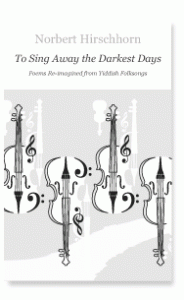Wednesday’s Work-in-Progress: The Waiting Game (Redux)
 As I noted in a blog post last summer, in some ways, I’ve been drawn to a life–the writing-and-publishing life–for which I am temperamentally unsuited. And that’s because two of the things I have always found most challenging are these: rejection and waiting.
As I noted in a blog post last summer, in some ways, I’ve been drawn to a life–the writing-and-publishing life–for which I am temperamentally unsuited. And that’s because two of the things I have always found most challenging are these: rejection and waiting.
In an essay, I’ve explained how rejection has become much easier with time and experience. But as I mentioned in that post last summer, the patience project is still something more of a work-in-progress. It’s not merely a matter of waiting for the acceptance/rejection decisions. I’m also filled with anticipation (and, sometimes, anxiety) when I know that a new piece has found a home and–yes, after another wait–will be meeting readers. I’m aware that this is what my dad calls a “high-quality problem.” But that doesn’t necessarily make the waiting easier! Plus, in many cases, even while waiting for publication, I know that yet another wait lies ahead: a wait for the paycheck (which I’ll admit makes me appreciate the steady salary of my day job all the more).
Right now, I’m waiting for three accepted essays to be published and paid for (two memoir pieces, one op-ed). There’s also a book review waiting to make its appearance (part of the delay in this instance is due to a publisher delay in releasing the book in question). It’s possible that all four of these pieces will be out within the next month. But I’m not holding my breath!

 Writing-related resources, news, and reflections to read over the weekend.
Writing-related resources, news, and reflections to read over the weekend.